
What if empathy became an integral part of our culture?
Although more and more conversations about mental health have been taking place, the stigma surrounding the topic isn't completely behind us. If that statement applies to society as a whole, it's even truer for the student community of Université de Montréal (UdeM), who faced a variety of challenges when it came to accessing and understanding the psychological services available to them, and even more so since the start of the pandemic. Through an awareness campaign, we needed to find a way to mobilize the university community to destigmatize the topic and kindle a sense of collective empathy on campus.
Raising awareness without condescension
How could we spread a culture of empathy on a campus where thousands of people gather? First, we needed to educate the community on the causes of a fluctuating mental health, help them identify risk factors and warning signs, and finally, direct them towards possible solutions. On top of all that, we needed to address people who were fully informed on the topic as well as people who were barely beginning to open up to the idea, and find a way to legitimize passing problems without equating them with severe distress.
A universal and unifying idea that speaks to all realities
We sometimes have a tendency to think that there are two groups of people – those whose mental health is stable and those who struggle – but the truth is, everyone experiences ups and downs. Our campaign needed to illustrate this concept in a way that would encourage the student community to take a great step forward towards collective well-being.
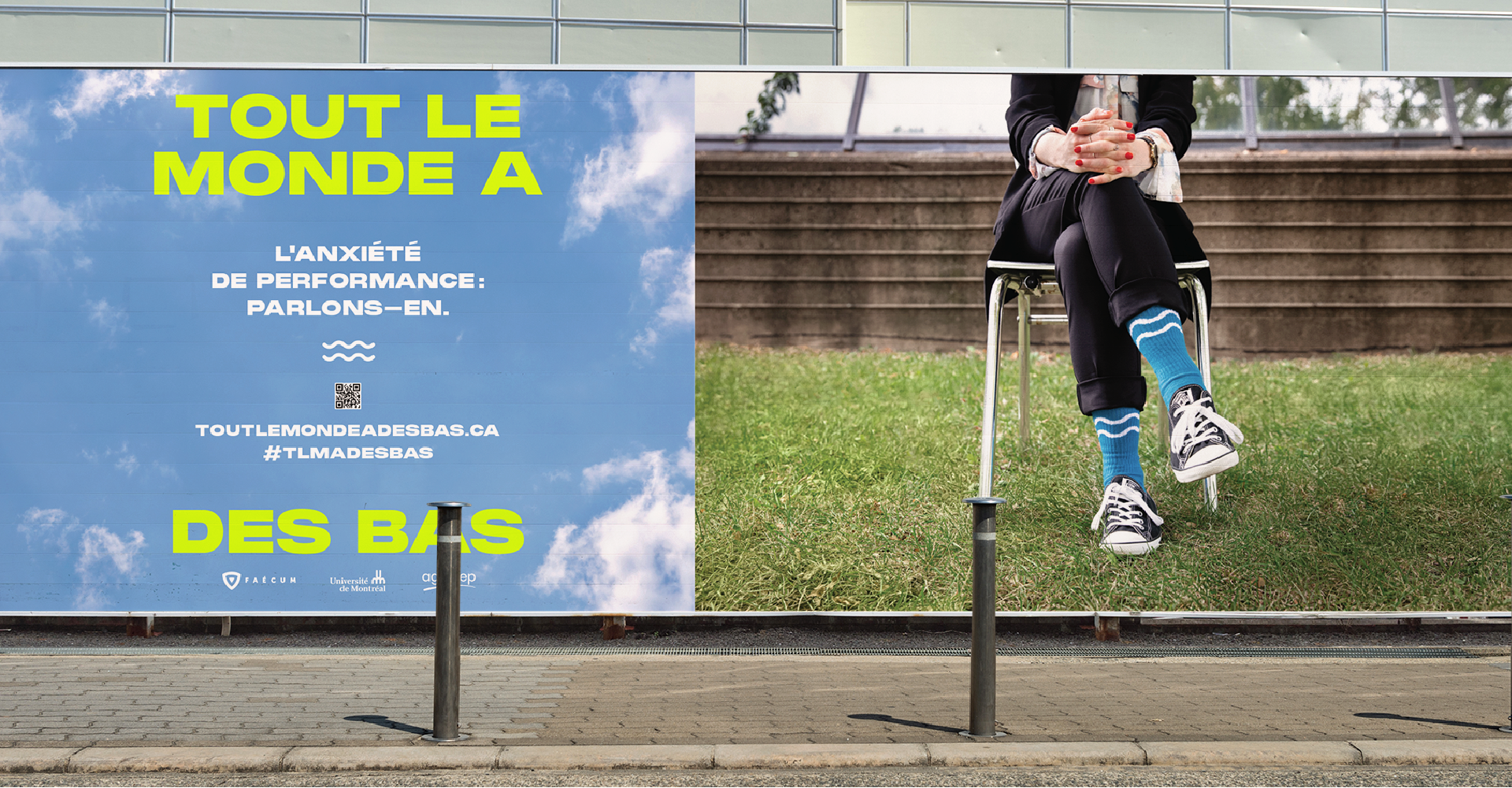
More than a pun: A platform for change
From this challenge came "Tout le monde a des bas", a campaign aiming to raise awareness on the psychological health of the UdeM community with a clever play on words and a unifying symbol: In French, "des bas" refers to mental low points as well socks. Literally, our campaign normalized the idea that everybody feels down sometimes, just like everybody has socks. Based on this simple and inclusive slogan, we built an effective communications platform that helped destigmatize the topic of mental health. The socks – embroidered with a zigzag – could demonstrate empathy and solidarity on behalf of anyone wearing them. They became the visual thread that tied all of the campaign executions together, from postings to web banners, to the microsite and content hub. In a series of short videos (filmed with a bottom-up camera movement to reinforce the concept), "empathy ambassadors" from the university wore them to signify their commitment to the cause, while opening up about their own experiences with mental health. Because it affects as many people as there are people who wear socks. And that's everybody.
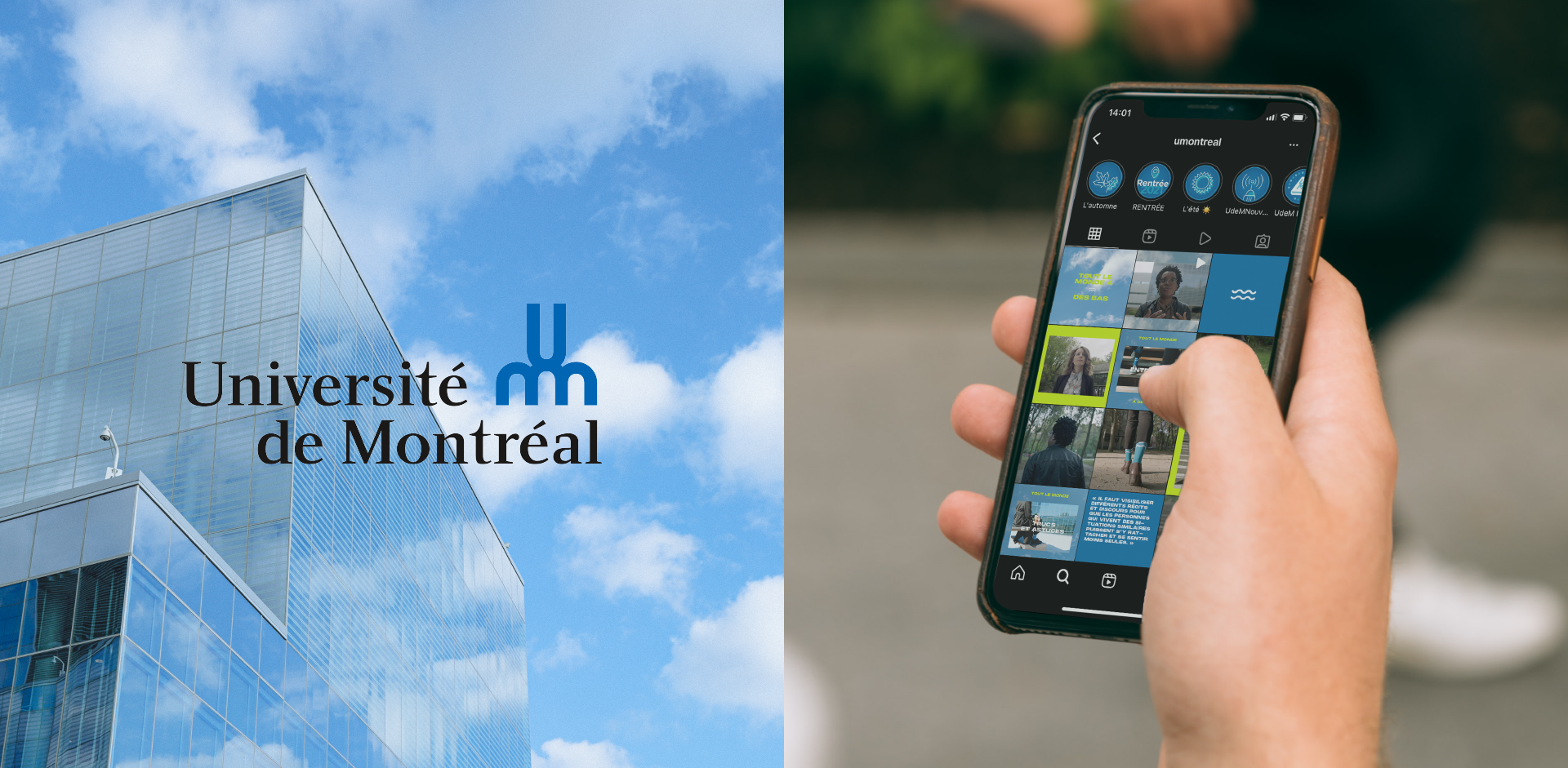
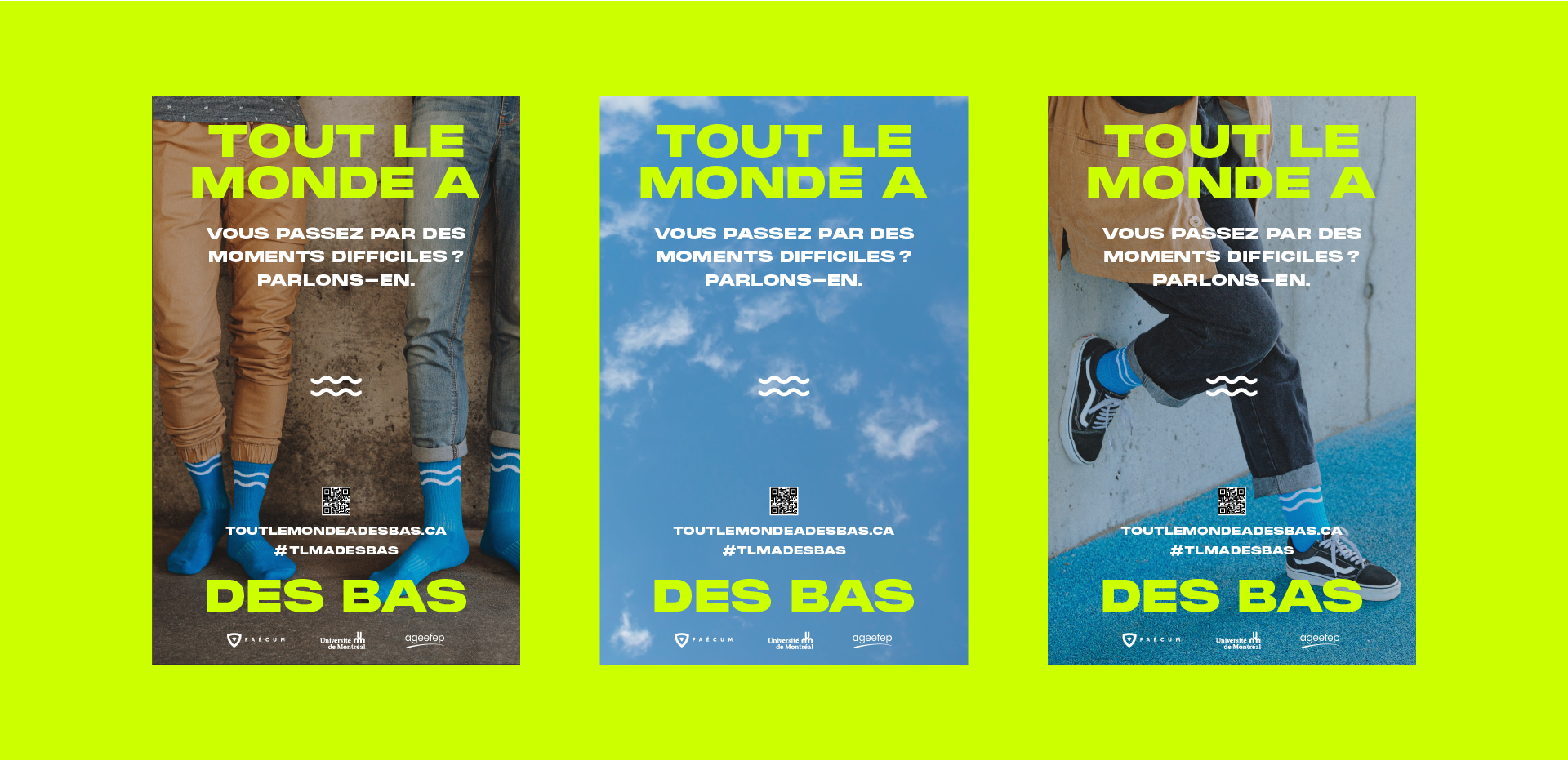
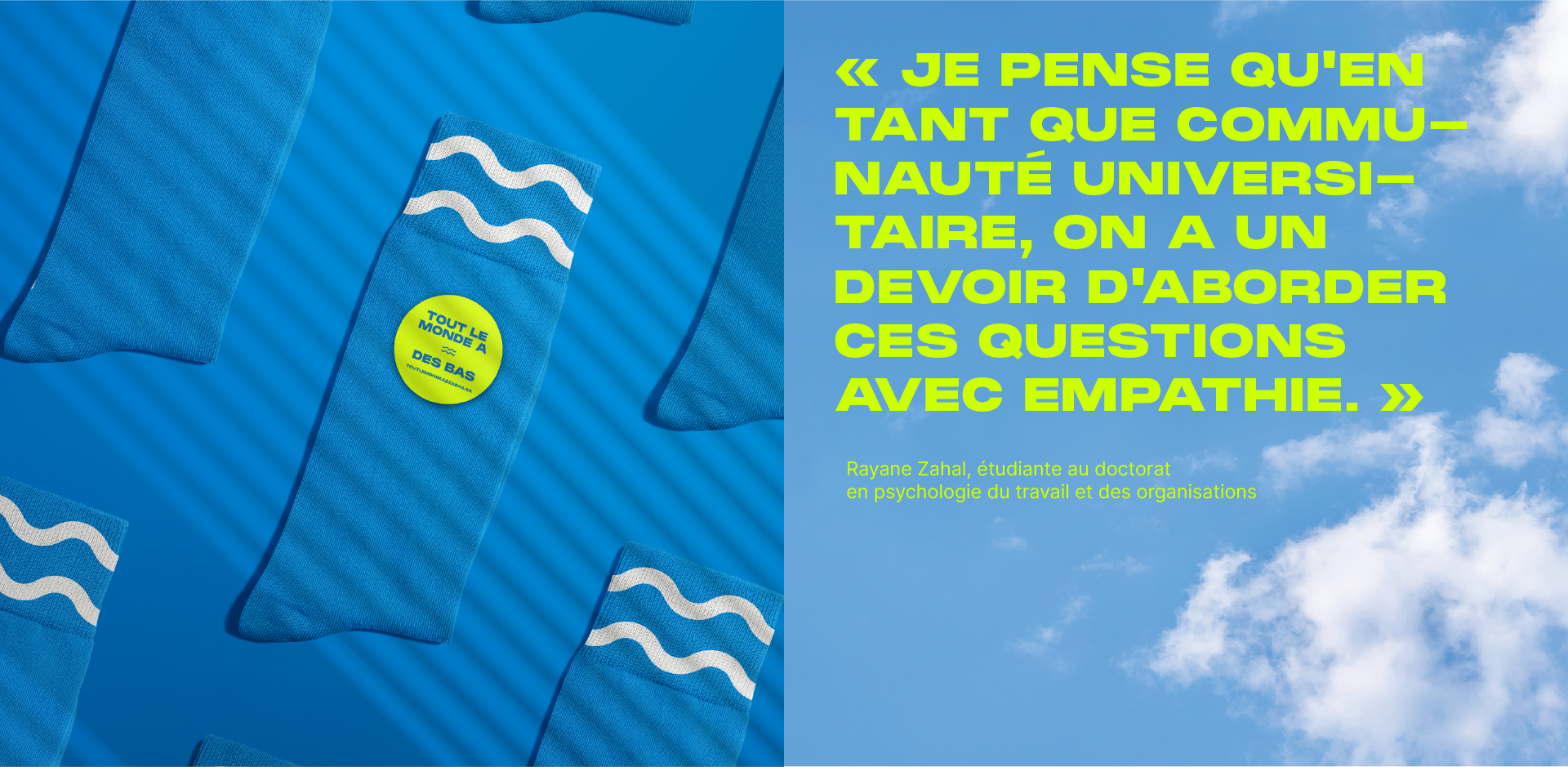
Results
The campaign allowed four people from the university (a student, a teaching assistant, a faculty dean, and a student advisor) to elevate their voices so that hundreds of people could have a chance to relate to their stories. While the campaign is still ongoing and the content hub continues to grow, we can safely say that "Tout le monde a des bas" is a success, thanks in part to a series of articles, including portraits, interviews, and guides, as well as help and emergency resources, that together, foster a better understanding of the challenges surrounding mental health.
Everyone has socks and everyone experiences lows. Our goal, with this (French) play on words, is to normalize a fluctuating mental health, without of course trivializing people's problems. The importance we place on the mental well-being of our students was very well understood by Republik, and we believe this collaboration will have a positive and long-term impact on our community.
― Virginie Allard-Cameus, Director Centre de santé et de consultation psychologique des Services à la vie étudiante
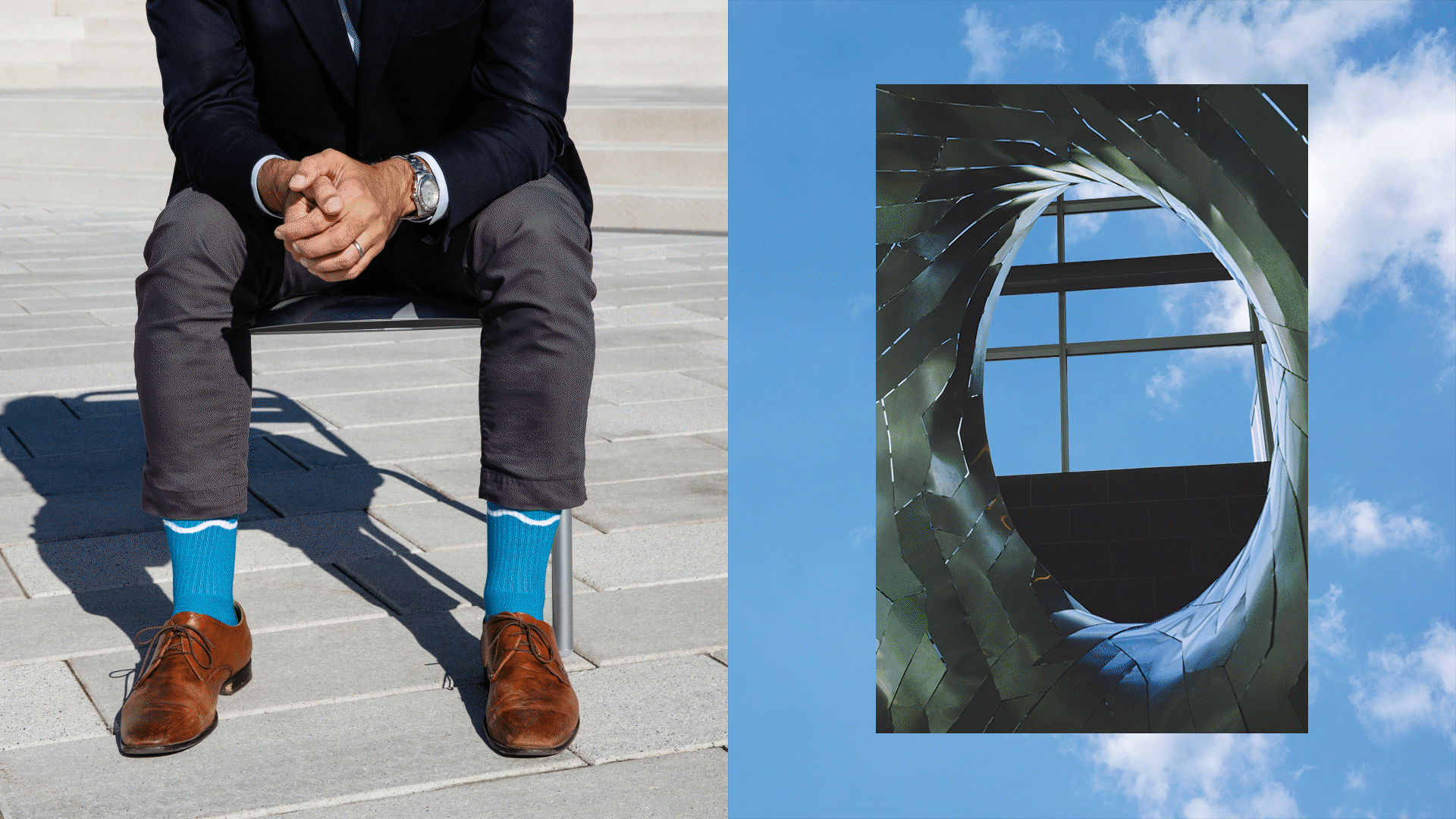
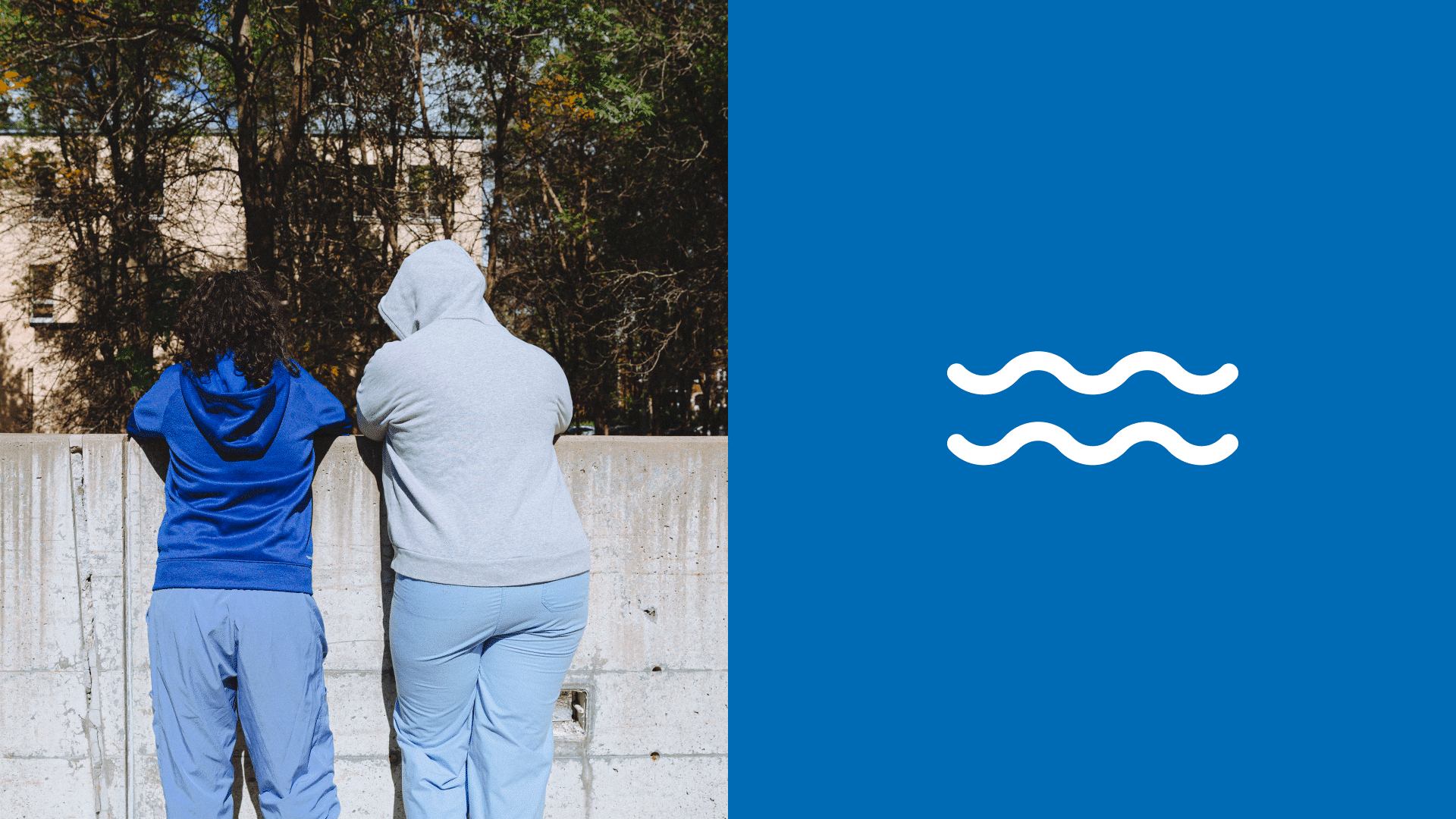
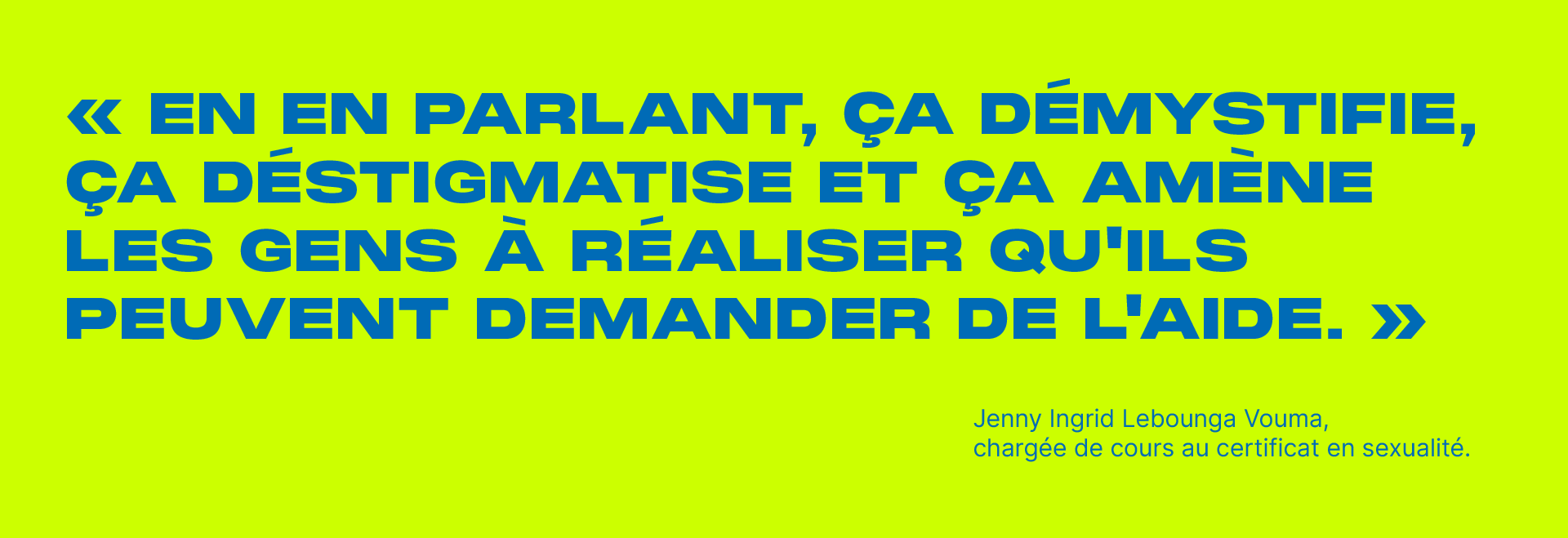
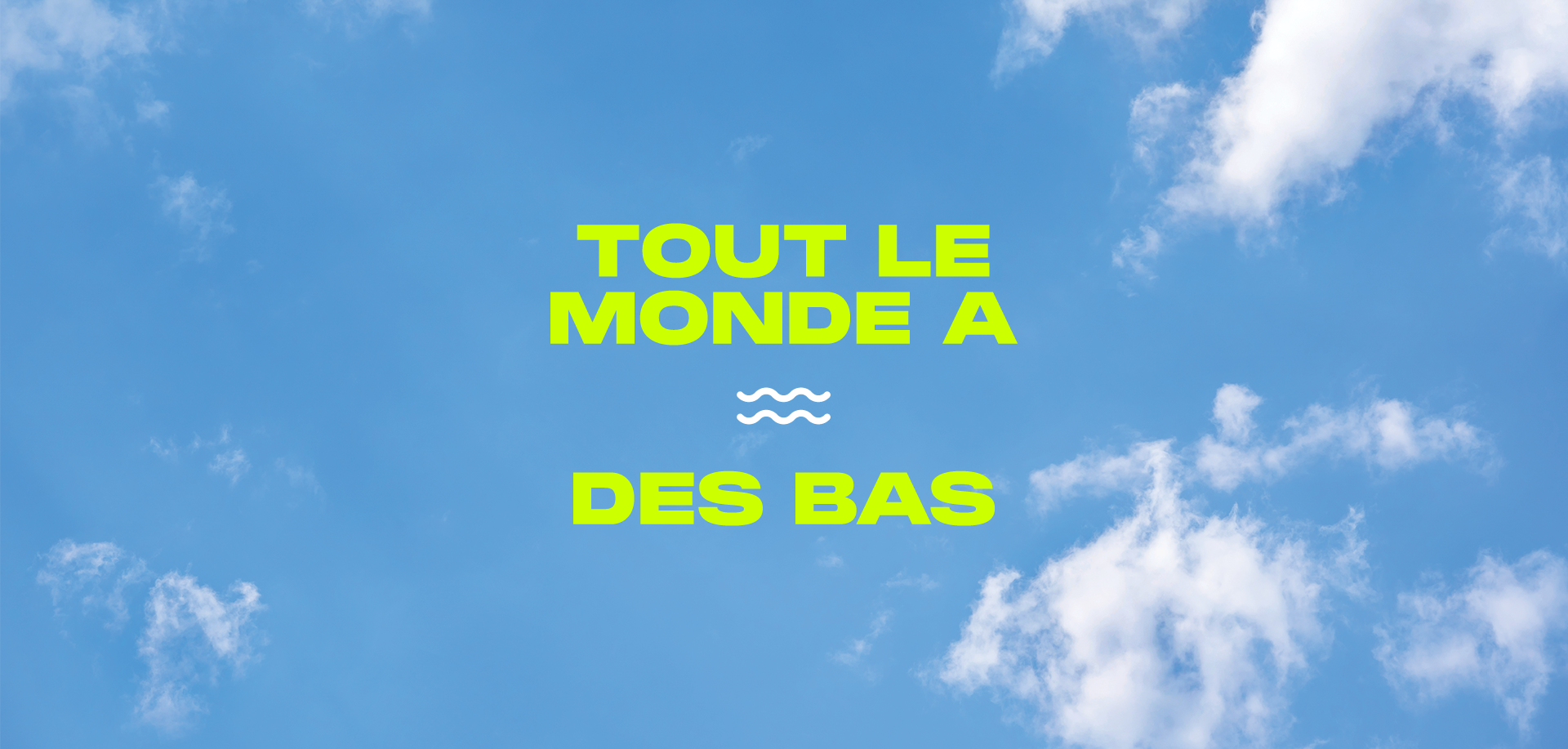
Collaborators on the project
― Nathalie Bordeleau ― Jean-Philippe Lauzon ― Philipp Tabah ― Jayme Miller ― Gabrielle Lacasse ― Sophie Proulx-Lachance

